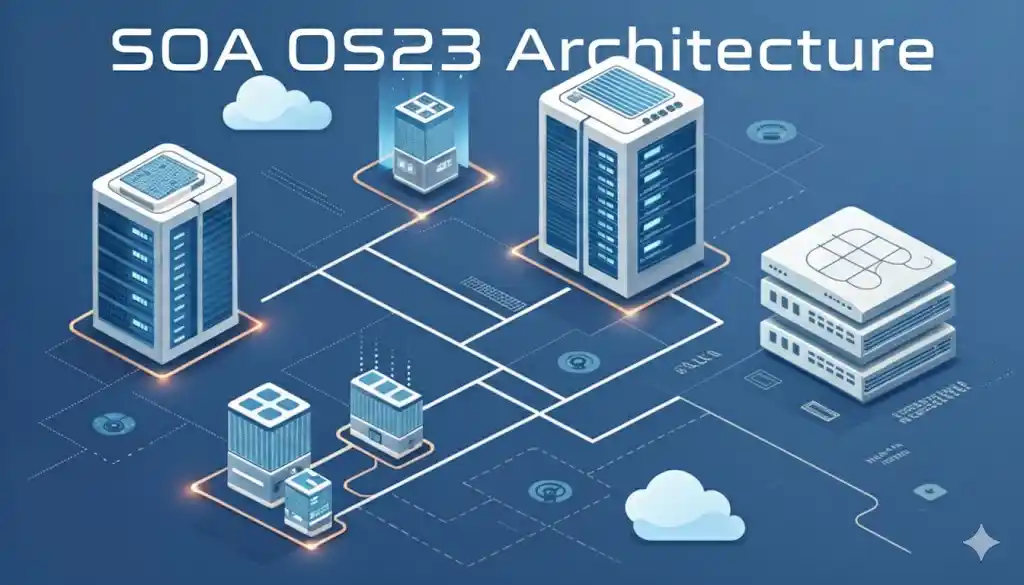How is Residential Waste Collected and Processed Daily?

Necessary services ensuring clean and sustainable communities are residential waste collection and processing. Local governments and private companies cooperate in the UK to effectively handle household trash. Regular bin collection, recycling programmes, and suitable disposal techniques help to reduce environmental impact. From recyclable garden waste to ordinary waste, every kind is treated differently to support sustainability.
Providing practical answers for bigger home improvement projects, services like skip hire Ashton Under Lyne also have a major part in waste management. Daily knowledge of waste collection and processing enables residents to support recycling initiatives and adopt environmentally friendly behaviour, therefore lowering landfill consumption. This guide examines the main stages in residential waste management and emphasises its relevance in contemporary society.
Residential Waste Collection Systems:
Most UK homes have individual bins for recyclables, garden waste, and general residential waste. Local councils arrange weekly or biweekly collections to guarantee effective rubbish disposal. Non Recyclable materials are often included in general garbage, while recyclables such as paper, glass, and plastics are sorted separately. Many times, collections of garden waste need a membership; they are composted to make mulch.
Some regions also have food waste bins that are processed into biogas or fertiliser. To prevent contamination and maximise recycling rates, good home segregation is essential. Reported missed collections can call for particular arrangements for bulk trash. Effective collection strategies enable environmental objectives and help to lessen reliance on landfills.
Facilities for Sorting and Recycling Method:
After recyclables are gathered, they are taken to Material Recovery Facilities (MRFs) whereby advanced machinery and manual separation differentiates the materials. Metals are extracted with the help of magnets; different polymers are detected with the help of optical scanners; paper and cardboard are marked to be reused; glass is crushed to be recycled.
Quality is maintained by the removal of contaminated items. Manufacturers next buy the sorted items and convert them into fresh products. Recycling cuts carbon emissions by lowering raw material extraction and energy use. Local rules must be followed by inhabitants to guarantee that recyclable goods are spotless and properly put in recycling bins. Whole batches may be rejected as a result of contamination, hence undermining recycling initiatives.
Composting Organic Waste:
Garden clippings and food waste are subjected to anaerobic digestion or composting. Naturally decomposing organic matter, composting is a provider of rich, nutrient soil conditioner. Anaerobic digestion provides renewable energy, digestate for agriculture, and biogas.
Most councils provide weekly collected food rubbish caddies. Domestic composting reduces transport emissions at a low level. Proper residential waste disposal prevents methane release from landfills, a potent greenhouse gas. Residents must never put non compostables such as plastics into organic containers. Composting is better for soil health, supports eco-friendly gardening, and contributes to the establishment of a circular economy.
Waste-to-Energy and Landfill Solutions:
Usually sent to landfills or waste-to-energy facilities, non recyclable and non compostable rubbish is incinerated to produce energy and cut back on landfill capacity. Landfills are meticulously designed to stop soil and water pollution, but they do add to methane emissions.
Modern plants use exacting emissions control to reduce pollution. The UK seeks to lower landfill dependency by using more energy recovery and recycling. By choosing reusable products and reducing nonrecyclable waste, residents can support sustainable waste management techniques via landfill taxes and more stringent rules.
Technology’s Part in Waste Management:
Smart bins, GPS-tracked trucks, and route optimisation tools improve waste collection efficiency by way of technological advancement. AI improves sorting precision at recycling facilities, hence raising recovery rates; sensors monitor bin fill levels to cut out needless collections; apps inform residents of collection schedules and recycling advice.
Councils use data analytics to develop waste reduction plans. New technologies include chemical recycling and biodegradable packaging. Furthermore, promoting sustainable practices, technology helps public awareness campaigns. Smart, data-driven ideas maximising resource recovery will help to shape waste management going forward.
Public Engagement and Education:
Public participation is essential for efficient residential waste management. Councils have educational initiatives to encourage recycling and waste reduction. Awareness is raised through schools, community groups, and social media campaigns. Clear labelling on bins and packaging encourages locals to dispose of things properly.
Rewards programs motivate recycling, whereas fines stop pollution. Composting, fixing objects, and using reusable goods enable residents to cut down waste. Public comments improve services; group effort guarantees a cleaner environment and higher recycling rates.
Difficulties and Forward-Looking Trends:
Though things have improved, problems including contamination, inadequate recycling facilities, and increasing waste volumes remain. Through extended producer responsibility and circular economy concepts, the UK hopes to reach zero avoidable trash by 2050.
Among future trends are higher plastic recycling, deposit return schemes, and biodegradable substitutes. Driven by community-led projects and government policies, change will abound. Residents must adjust to changing garbage systems to guarantee sustainable practices for future generations.
Conclusion:
Though complicated, residential waste collection and processing are necessary for environmental sustainability. Each stage from effective bin collections to sophisticated recycling techniques helps to lower landfill use and conserve resources.
Public engagement and creative solutions improve waste management initiatives. Residents can help shape a cleaner, greener future by living responsibly.










